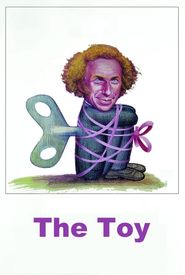Lyne Chardonnet's life was a poignant tale of unfulfilled potential, as if the gods had smiled upon her at birth, only to withdraw their favor later in life. With her striking wasp-waisted figure, radiant blonde hair, and exceptional drama training, she seemed destined for stardom, especially during the era of the French New Wave, when actresses with her looks and talent were in high demand.
Born in Paris in the final years of World War II to a father, Léopold Chardonnet, and his Irish-born wife, Ellen Shapiro, Lyne began taking dancing lessons at the tender age of five. After completing her high school education, she enrolled in the prestigious Conservatoire de Paris, where she studied drama under the guidance of renowned teachers such as Henri Rollan, Fernand Ledoux, and Robert Manuel. Upon graduating, she left the institution equipped with a classic comedy and a modern comedy prize, setting her up for a promising acting career.
Lyne's initial foray into the world of cinema came in 1965, when she worked with acclaimed director Alain Resnais, playing a role that would become a recurring one in her career – that of the beautiful blonde. From then on, she was busy working tirelessly in films, television, and theater, often receiving rewarding parts in plays by celebrated playwrights such as Musset, Rostand, and Labiche.
Despite her hard work and dedication, Lyne's film career was marked by a dearth of substantial roles, with her being typecast as a blonde ingénue. She did, however, experience a measure of success on television, particularly in the series "Les gens de Mogador," where she played the role of Herminie. Her personal life was also marked by two marriages, the first of which was a brief union with best-selling author Paul-Loup Sulitzer, and the second, a happier partnership with writer-actor-director Jacques Cortal, with whom she had a daughter, Léa, born in 1974.
Tragedy struck Lyne's life in 1980, when she was just 36 years old. Diagnosed with liver cancer, she passed away, leaving behind a devastated husband and a young daughter. Her husband, Jacques, would later pay tribute to her memory by creating two films, a short "Le dernier jour" and a feature-length fictionalized account of her final days, "Quand je vois le soleil," released in 2002.


























